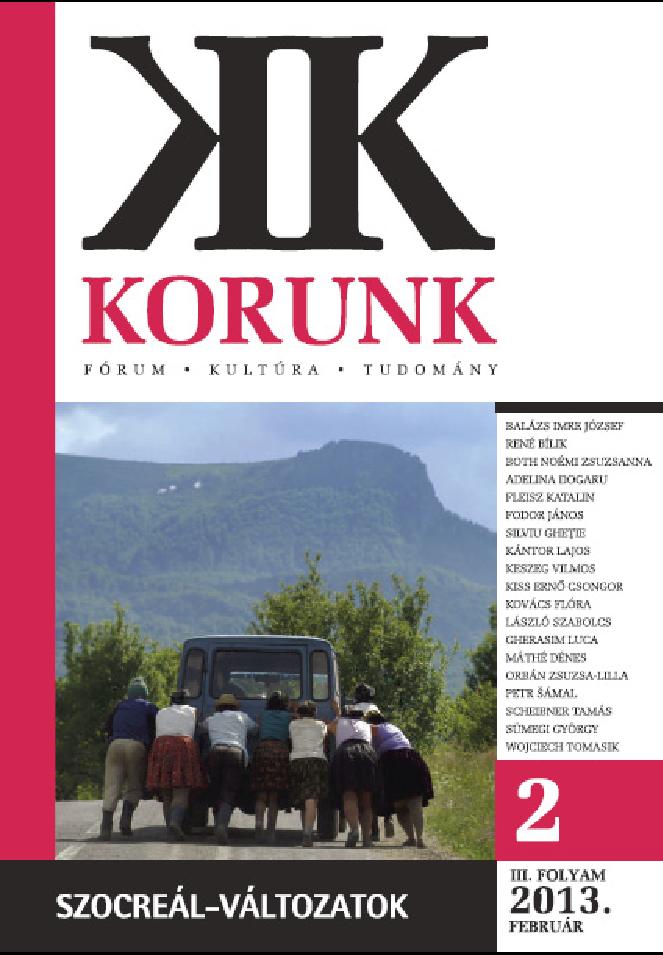Helyettesítheti-e az építészet az irodalmat?
Can architecture replace literature?
Author(s): Wojciech TomasikSubject(s): Language and Literature Studies, Architecture, Studies of Literature
Published by: Korunk Baráti Társaság
Keywords: monumentality; functionality; verbocentrism; monumental propaganda; architecture parlant; description
Summary/Abstract: The paper presents the consequences of literature ascribing special significance to architecture, regarded to be a socially useful art. The influence of architecture on literature resulted in the ambition to turn texts into buildings by adding emphasis to functionality, verbal economy, and the special proprieties of materials. However, the impact of literature on architecture is even more important in Stalinist culture, as it shows its „verbocentrism”. Edifices erected according to the principles of socialist realism were destined to „speak”. The idea of „monumental propaganda” means, on the one hand, reactivation of the principles of architecture parlante; and, on the other hand, the rebirth of descriptive poetry. Thus, one may argue, the architecture of 1949–1955 „speaks” through literary texts.
Journal: Korunk
- Issue Year: 2013
- Issue No: 02
- Page Range: 9-27
- Page Count: 19
- Language: Hungarian

